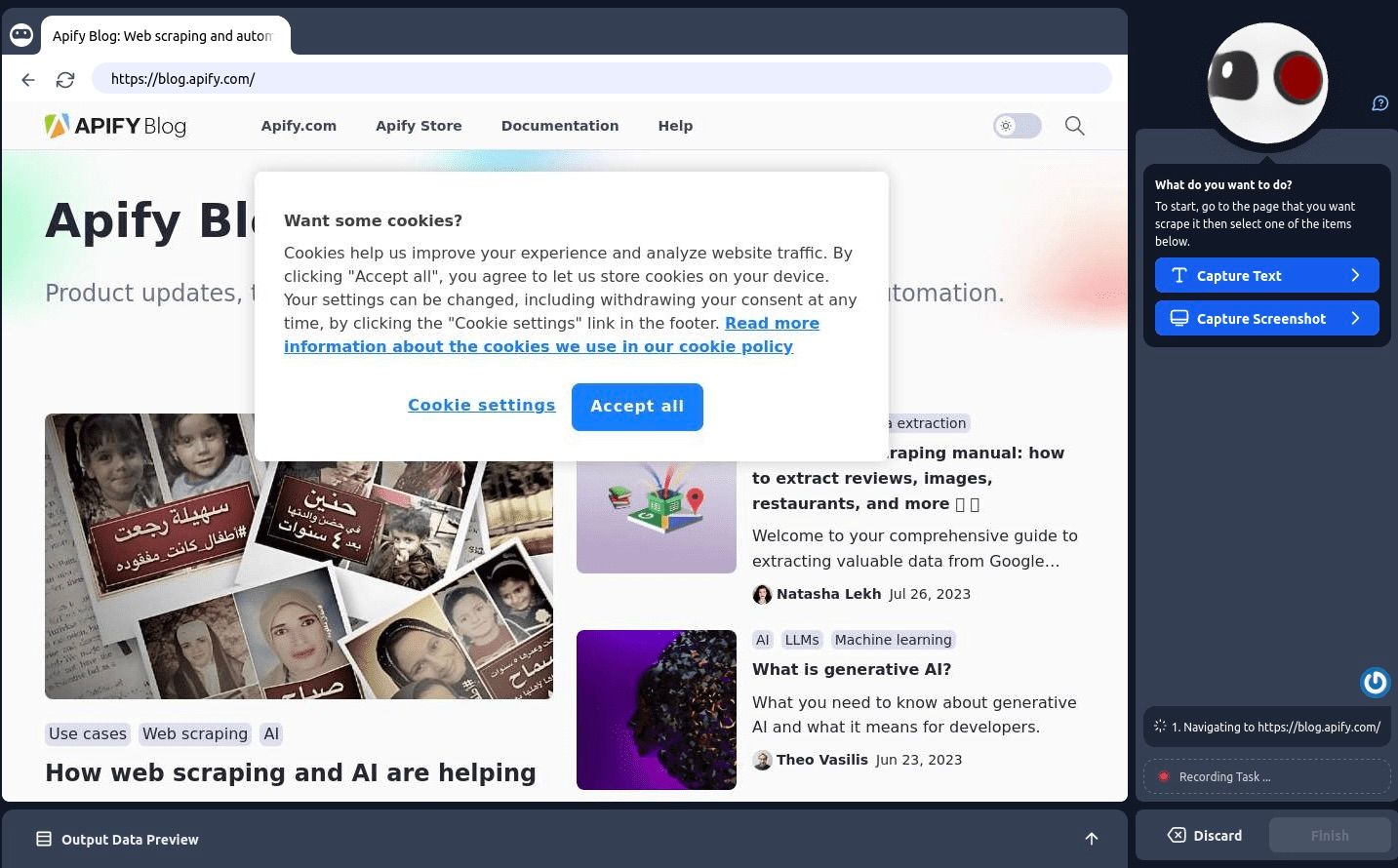
In today’s highly competitive business environment, data is the most valuable asset a company can leverage to gain a competitive edge. Market research and business intelligence rely heavily on the availability of real-time, accurate data to make informed decisions about products, services, and strategies. Traditional methods of collecting market data, such as surveys or focus groups, can be time-consuming and expensive. However, AI-powered web scraping is changing the landscape by providing businesses with an efficient, scalable, and cost-effective way to gather vast amounts of data from the internet. By using machine learning, natural language processing (NLP), and other advanced AI technologies, AI-powered web scrapers can AI Powered Web Scraping automate the process of extracting valuable insights from websites, making them a game-changer for market research and business intelligence.
One of the key advantages of AI-powered web scraping is its ability to gather real-time data from a wide variety of online sources. Traditional market research often involves collecting data manually through surveys, interviews, or focus groups, which can be slow and limited in scope. AI-powered web scraping tools, on the other hand, can gather data from multiple sources—ranging from e-commerce sites to social media platforms to news outlets—in real time. This allows businesses to track trends, monitor competitors, and gather customer feedback almost instantaneously. For example, an AI-powered scraper could be programmed to monitor pricing changes, customer reviews, or product launches across competitors’ websites, offering businesses a continuous stream of valuable information. The ability to collect real-time data gives companies a significant advantage, enabling them to respond faster to market shifts, customer demands, and competitive pressures.
Another significant benefit of AI-powered web scraping for market research and business intelligence is the ability to process unstructured data. The web is filled with unstructured data such as text, images, and videos, which traditional data collection methods often overlook. AI technologies like natural language processing (NLP) and computer vision enable web scrapers to interpret and extract insights from unstructured content. For example, AI-powered web scraping can analyze customer reviews, social media posts, and news articles to extract sentiments, identify emerging trends, and uncover valuable customer insights. NLP can be used to identify key themes, detect emotions, and understand the context of text-based content, while computer vision can process images and videos to gather data from visual content. By processing both structured and unstructured data, AI-powered scraping tools provide businesses with a more comprehensive view of the market, customer preferences, and competitor activities, which are essential for informed decision-making.
AI-powered web scraping also allows businesses to monitor competitors and track market trends more effectively. By continuously extracting data from competitors’ websites, companies can track changes in pricing, product availability, promotions, and other key business metrics. For instance, e-commerce companies can use AI scraping tools to monitor their competitors’ product listings, customer ratings, and promotional campaigns. By analyzing this data, businesses can gain insights into competitor strategies, pricing structures, and consumer behavior, which can be used to adjust their own offerings and pricing strategies. Additionally, AI can help identify market trends by gathering data from multiple sources like news websites, blogs, and forums. Businesses can track industry developments, consumer preferences, and emerging technologies, enabling them to stay ahead of the curve and seize new opportunities before their competitors.
The scalability and efficiency of AI-powered web scraping are also critical for business intelligence and market research. Traditional data collection methods often require significant manual labor, especially when it comes to gathering data from a large number of sources or dealing with massive datasets. AI-powered scraping tools, however, can automate the entire process, extracting data from hundreds or even thousands of websites simultaneously. These tools can be programmed to scrape specific data points, such as pricing information, product specifications, or customer reviews, across multiple online platforms, allowing businesses to gather vast amounts of data in a fraction of the time it would take manually. Furthermore, AI tools can be scaled to scrape larger datasets as needed, ensuring that businesses can continuously collect updated information from the web, without being constrained by the limitations of traditional data collection methods.
However, despite its significant advantages, AI-powered web scraping for market research and business intelligence also faces certain challenges. Ethical and legal issues related to data privacy and copyright infringement are some of the key concerns. Many websites have terms of service that prohibit scraping, and collecting personal data without consent can violate privacy laws such as the General Data Protection Regulation (GDPR) or the California Consumer Privacy Act (CCPA). Businesses must ensure they are scraping data in compliance with legal and ethical guidelines, which may require implementing measures such as anonymizing data or obtaining explicit consent from website owners before scraping their content. Additionally, web scraping tools must be designed to avoid causing disruptions to websites, ensuring that scraping activities do not overwhelm servers or violate terms of use. As such, businesses must carefully navigate these challenges to ensure they are using AI-powered scraping responsibly and within the boundaries of the law.
In conclusion, AI-powered web scraping is transforming the way businesses approach market research and business intelligence. By automating the process of data collection, AI tools can provide businesses with real-time, high-quality insights into market trends, customer behavior, and competitor activities. The ability to process both structured and unstructured data, along with the scalability and efficiency of AI-powered tools, makes them an invaluable asset for businesses looking to stay ahead in a competitive market. However, companies must be mindful of the ethical and legal implications of web scraping and ensure that they are adhering to data privacy regulations. As AI technology continues to advance, the capabilities of web scraping tools will only improve, offering even greater opportunities for businesses to gather insights, optimize strategies, and make data-driven decisions. With the right approach, AI-powered web scraping can serve as a powerful tool for businesses seeking to gain a deeper understanding of their market and make more informed decisions.